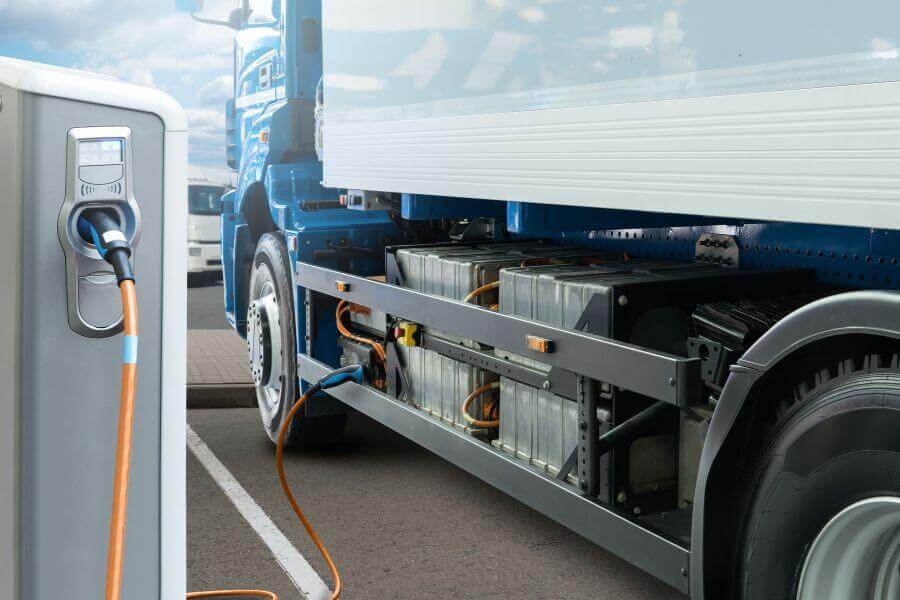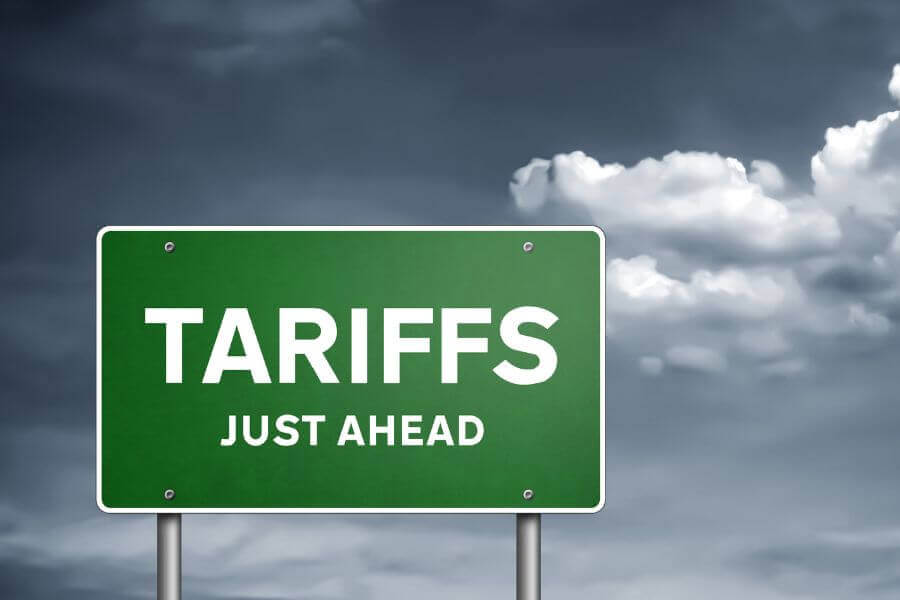California has secured a substantial $122.9 million grant from the U.S. Department of Transportation to enhance its zero-emission vehicle infrastructure, significantly bolstering the state’s capacity for electric cars and trucks, including medium- and heavy-duty trucks.
Announced by Sen. Alex Padilla and funded through the Federal Highway Administration as part of the Infrastructure Investment and Jobs Act, this initiative underscores the state’s commitment to achieving its ambitious environmental targets. Sen. Padilla emphasized the critical role of this funding in facilitating the transition to zero-emission vehicles by expanding necessary charging and clean-fueling infrastructure throughout California.
“Reducing emissions from our transportation sector is a key component in reaching California’s ambitious climate and clean air goals,” said Padilla. “To facilitate the zeroemissions transition, we must rapidly deploy charging and clean-fueling infrastructure.”
Despite having approximately 90,000 public EV chargers, California faces challenges such as broken chargers and long wait times that could hinder EV adoption. This federal investment aims to address these issues by funding six projects that enhance EV charging and alternative fueling infrastructure in both urban and rural areas, from public spaces to residential neighborhoods. Notable among these is an $11.63 million project by the Sacramento Municipal Utility District to install chargers at nine sites, targeting a significant reduction in greenhouse gas emissions.
Additionally, the California Energy Commission will use $55.9 million of the funds to set up 21 public charging stations and a hydrogen refueling station specifically for zeroemission trucks, which are vital for the state’s freight transport sector. This includes installing at least 130 high-powered charger ports along key routes within California and extending to Nevada.
Cities such as San Francisco, Santa Cruz, San Jose, and San Bernardino will also benefit significantly, receiving millions to install hundreds of EV chargers in underserved and public areas.
Gil Tal from the University of California-Davis highlighted that these advancements are essential not only for supporting the state’s freight industry but also for complying with stringent state regulations aimed at transitioning to heavy-duty electric vehicles.











